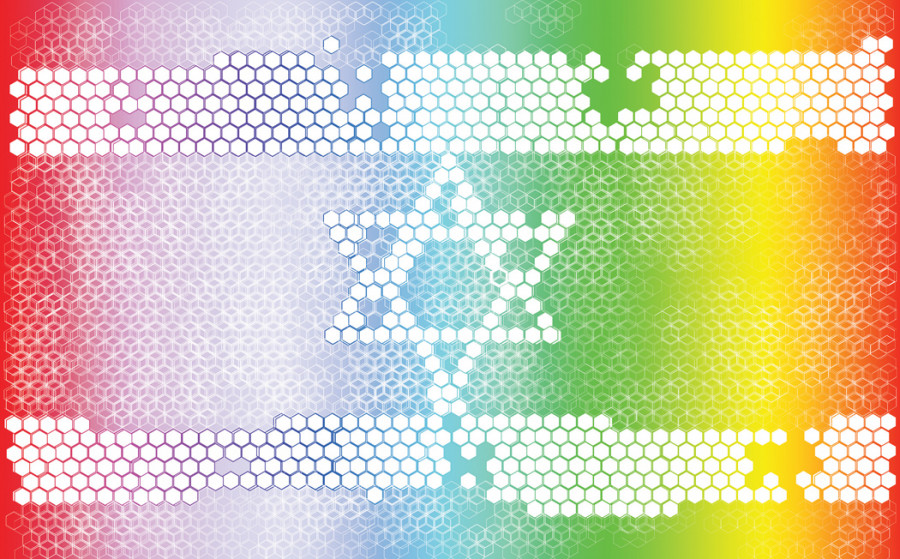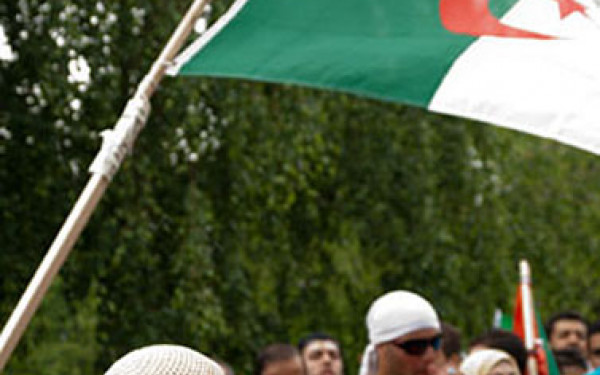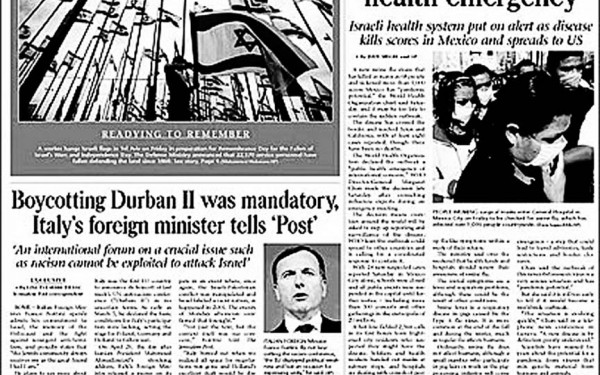Israel and LGTBQ Rights
Why Israel Provides a Model for LGTBQ Rights Other Nations Should Follow
While there is certainly much debate and controversy on the subject of Israel, the fact that it is a country with a remarkably progressive record on the subject of LGBTQ rights needs to be recognized.
Israel actually affords members of the LGBTQ community equal rights under the law, despite being surrounded by countries that persecute homosexuals. As such, this is a feature of Israeli life that should be examined and can even serve as an example for other states.
When the State of Israel was founded in 1948, it inherited “sodomy” laws from the British Mandate legal code. However, there is no record that such laws were enforced against homosexual acts that took place between consenting adults in private. The Knesset repealed the formal ban on consensual same-sex acts in 1988. Since 1993, homosexual soldiers have been able to openly serve in Israel’s military. Harassment and discrimination against Israeli soldiers due to their sexual orientation is illegal. Israel also recognizes gay marriages that are performed abroad and permits gay couples living in the country to adopt children.
In terms of gay culture, Israel has a thriving LGBTQ community with well-attended gay pride festivals held in Tel Aviv and Jerusalem since 1998. Tel Aviv especially has become known as a city where, according to Deputy Mayor Asaf Zamir, an estimated 16 per cent to 17 per cent of the city’s population is gay. In a worldwide survey conducted by GayCities.com and American Airlines, it was declared “the best gay travel destination of 2011” with 43 per cent of the vote. Lonely Planet named it “one of its top three cities in the world.” Pride events have also been held regularly in Haifa, Be’er Sheva, Petah Tikva, Hadera, Ra’anana, Eilat and Rishon LeZion.
Contrast this to countries neighbouring Israel, such as Iran. In 2007, former Iranian President Mahmoud Ahmadinejad bizarrely proclaimed at Columbia University, in response to a question about the execution of two gay men, that there were absolutely no homosexuals in his country. Not only is that statement patently false and utterly absurd, but homosexuality is punishable by death in Iran. Until recently, sodomy for men was considered a capital offence. In 2012, The Guardian reported, “under amendments to the penal code, the person who played an ‘active role’ will be flogged 100 times if the sex was consensual and he was not married, while the one who played a ‘passive role’ can still be put to death regardless of marriage status.”
Israel not only grants members of the LGBTQ community equal rights under the law, but also serves as a haven for gays persecuted by its neighbors such as in the Palestinian Authority. According to the BBC, in 2003 there were an estimated 300 gay Palestinian men secretly living in Israel. Israel has granted residency permits to openly gay Palestinians who fear they will be killed. Homosexuality is illegal in the Gaza Strip, while LGBTQ rights are not protected in the West Bank. This leaves gay Palestinians open for persecution by Islamic religious leaders, the Palestinian police and even members of their own families in the form of so-called “honour killings.” Many LGBTQ people in the West Bank have made it known that they feel more at home in Israel, where they can have a social life without fear of punishment from the government or private citizens.
Many things can certainly be said about Israel. But its exemplary record and policies when it comes to the protection of LGBTQ rights is something that should be commended. Progressive policies concerning the protection of homosexuals must be ensured, regardless of geographical location.
Bradley Martin is a Committee for Accuracy in Middle East Reporting in America (CAMERA) fellow and student at Concordia University.






